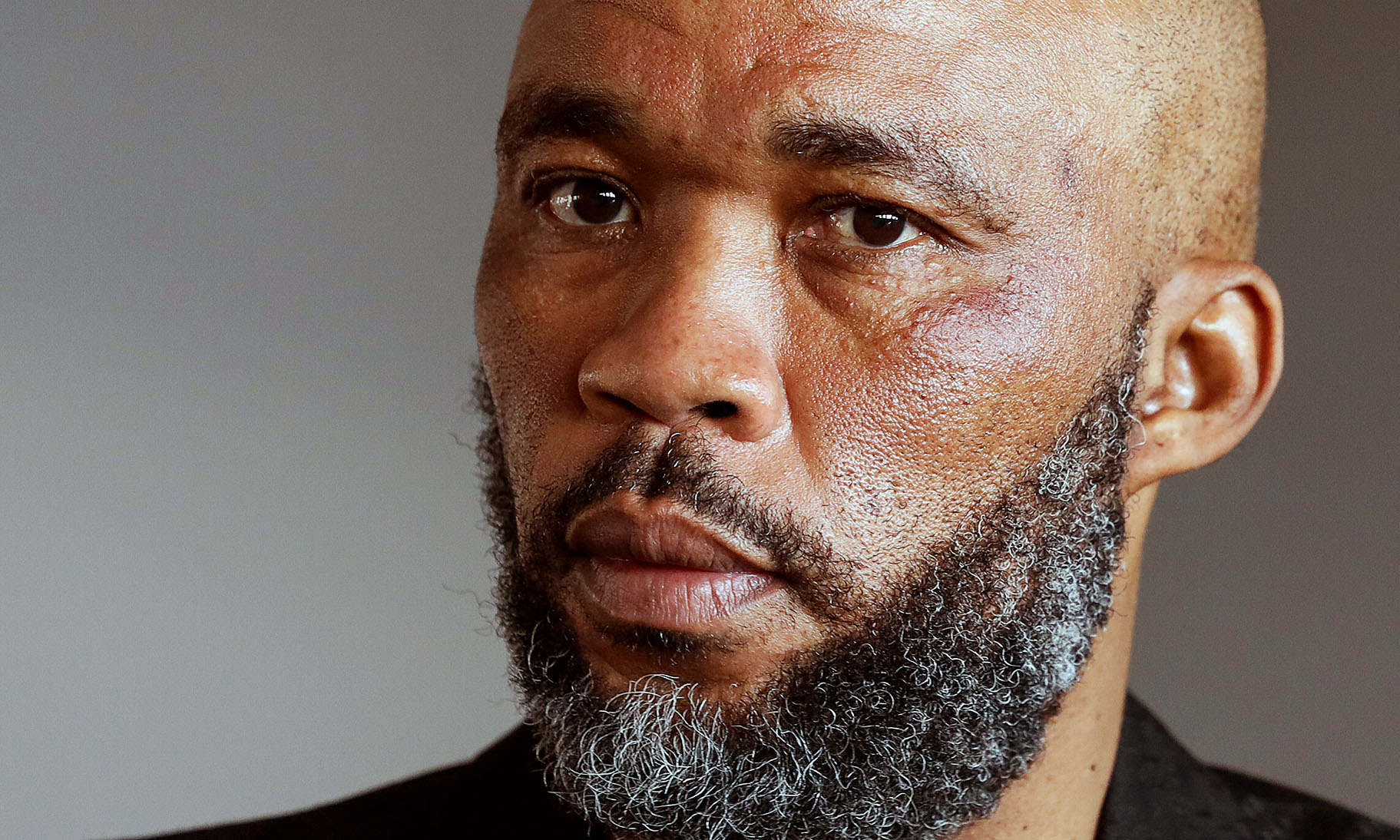What happened at the Madlanga Commission?
Explosive testimony heard this week before the Madlanga Commission of Inquiry provided more detail about the alleged web of corruption between top-ranking police officers and an alleged criminal cartel.
Jaw-dropping evidence by Witness C, a member of the Political Killings Task Team (PKTT), detailed how alleged organised-crime boss Vusimuzi “Cat” Matlala allegedly bribed a minister and top cops. Matlala alleged that he contributed R500,000 towards sidelined police minister Senzo Mchunu’s campaign for the ANC presidency, which seemed largely related to payments around the ANC’s 113th birthday celebrations, held in January 2025 in Cape Town.
Matlala also claimed to have paid a number of other police leaders, including suspended deputy national commissioner Shadrack Sibiya, who was allegedly paid up to R1-million a month. Matlala, who faces attempted murder charges and had his R360-million SAPS tender cancelled, complained that the minister hadn’t come to the party and protected him from investigation.
Read more: Witness C details ‘Cat’ Matlala’s claims to have bribed minister, top cops
The commission also heard crucial ballistics evidence related to the murder of Vereeniging engineer Armand Swart, who was gunned down in April 2024. Captain Solomon Modisane, a senior South African Police Service (SAPS) forensic analyst attached to the PKTT in KwaZulu-Natal, stated the AK-47 gun found with suspects arrested in Bramley, allegedly used in the Swart murder, was the same firearm that murdered DJ Sumbody, DJ Vintos and Don Tindleni.
Questions were raised, however, about the report on the original ballistics tests conducted in Pretoria. It was riddled with errors and didn’t clearly link the Swart killing to the other cases, until the PKTT intervened.
When the PKTT came aboard and joined the murder investigation into the Swart murder, it resulted in the arrest of Katiso “KT” Molefe in December 2024. SAPS ballistics experts testified that they have a backlog of more than 41,000 cases, which significantly delays investigations.
Read more: SAPS ballistics backlog imperils criminal cases and undermines trust in police
Why it matters
Witness C’s evidence suggested that SAPS top brass are captured, a chilling reality that may explain how powerful cartels continue to evade justice and operate with impunity.
The murder of Swart may have been a case of mistaken identity, but it blew open a can of worms, exposing links to an alleged criminal cartel.
The ballistic backlog lays bare deep systemic failures within the SAPS – eroding public trust, denying justice and compounding the pain of victims already shattered by violent crime.
What happened in the ad hoc committee?
It was a quieter week in the parliamentary ad hoc committee as only Deputy Police Minister Cassel Mathale testified.
Some MPs questioned why Mathale, who hasn’t been linked to the scandals, had been called to testify, but, eventually, key information emerged.
First, Mathale was not consulted about sidelined police minister Senzo Mchuhu’s decision to disband the PKTT, and when he saw the news circulating on social media, he dismissed it as “fake news”.
He had testified, though, that he was in support of its closure, with staff being incorporated into plans for a resuscitation of the Murder and Robbery Unit.
Then, a concerning image of the police ministry emerged. Despite being appointed as deputy minister over a year ago, Mchunu never assigned a line of responsibility.
Mathale (deputy minister since 2019) put this down to the police department being so big that Mchunu needed time to navigate the system.
Next week in Parliament, the other deputy police minister, Polly Boshielo, is due to testify on Tuesday. She’ll be followed by Acting Police Minister Firoz Cachalia on Wednesday. Investigating Directorate Against Corruption (Idac) boss Andrea Johnson will testify on Thursday and Friday.
Why it matters
During Mathale’s testimony, MPs raised a key question: if he has worked without a delegation of authority for more than a year, what purpose does he serve within the governance system? This fits into a broader conversation about the need for deputy ministers. After the 2024 elections, there were 43 deputy ministers, including two for the police – Mathale and Polly Boshielo. DM




 The Madlanga Commission heard claims that Vusimusi ‘Cat’ Matlala had police leadership on his payroll. (Photo: Luba Lesolie / Gallo Images)
The Madlanga Commission heard claims that Vusimusi ‘Cat’ Matlala had police leadership on his payroll. (Photo: Luba Lesolie / Gallo Images)